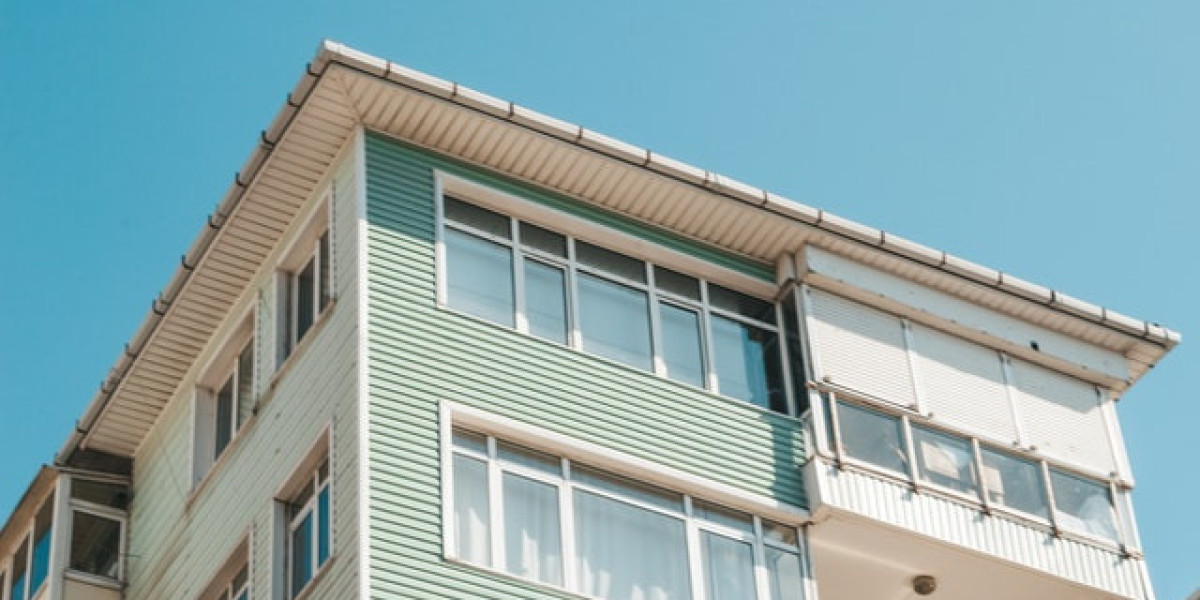In the dynamic sphere of construction and infrastructure development, the choice of materials plays a pivotal role in determining the project's success and longevity. Among the various advanced materials available today, polyurea has emerged as a standout contender, particularly noted for its superior protective qualities and durability. However, with advanced materials come questions about cost-effectiveness, especially in a price-sensitive market like India. This article delves into a comprehensive cost-benefit analysis of polyurea to determine whether it is a wise investment for Indian infrastructure projects Polyurea Application Service In India.
#### Understanding Polyurea
Polyurea is a synthetic polymer obtained through a reaction of an isocyanate component with a resin blend. It is celebrated for its rapid curing time, robust resistance to abrasion, chemicals, water, and UV light, and its remarkable flexibility. These properties make it an ideal choice for a variety of applications, including flooring, roofing, water tanks, and bridges.
#### The Cost Perspective
1. **Initial Investment:** The upfront cost of polyurea is typically higher than traditional materials like epoxy or polyurethane. This is due to the specialized equipment required for application and the training of personnel to handle this technology adeptly.
2. **Application Costs:** Polyurea’s application process is fast and can be executed quicker than many conventional materials. This speed reduces labor costs and downtime, particularly critical in commercial settings where prolonged downtimes can lead to significant revenue loss.
#### The Benefit Angle
1. **Durability and Longevity:** Polyurea's most significant advantage is its extreme durability. Structures coated with polyurea are resistant to various forms of wear and tear, which means less frequent repairs and replacements. This translates to substantial savings over the lifespan of the structure.
2. **Maintenance Costs:** Polyurea is relatively low maintenance due to its resistance to harsh chemicals and environmental conditions. The need for routine upkeep and the potential for unexpected repairs drop significantly, further reducing long-term costs.
3. **Versatility:** The ability of polyurea to adhere to a wide range of surfaces and its performance in varied climatic conditions makes it suitable for pan-Indian applications, from the humid coastal regions to the cold northern frontiers.
#### Analyzing the Return on Investment
Investing in polyurea makes sense when considering the lifecycle costs of infrastructure projects. While the initial costs are higher, the savings incurred through reduced maintenance, durability, and versatility often offset the initial investment over time. For instance, a study comparing polyurea with other protective coatings for a water storage facility in India showed that the polyurea-coated structure required no significant maintenance over a decade, while alternatives needed periodic repairs every two to three years.
#### Market Acceptance in India
The Indian market, while cost-sensitive, is gradually recognizing the long-term benefits of investing in quality. The adoption of green building norms and increased awareness about sustainable construction practices are also tilting preferences towards durable and environmentally friendly materials like polyurea.
#### Conclusion
Is polyurea worth the investment in India? The answer leans heavily towards 'yes' when adopting a long-term perspective. For infrastructure projects where longevity, resilience, and minimal downtime are critical, polyurea presents a compelling case. Its higher initial cost is a worthwhile trade-off for the benefits it delivers over the lifespan of a project. As India continues to expand its infrastructure at an unprecedented pace, embracing advanced materials like polyurea could very well define the success of its urban and industrial landscapes
Google Map - https://goo.gl/maps/tYPUHNsdzmcTeRDe9
801, Odyssey, Road No. 9, Wagle Estate, Thane (West), Maharashtra - 400 604.
